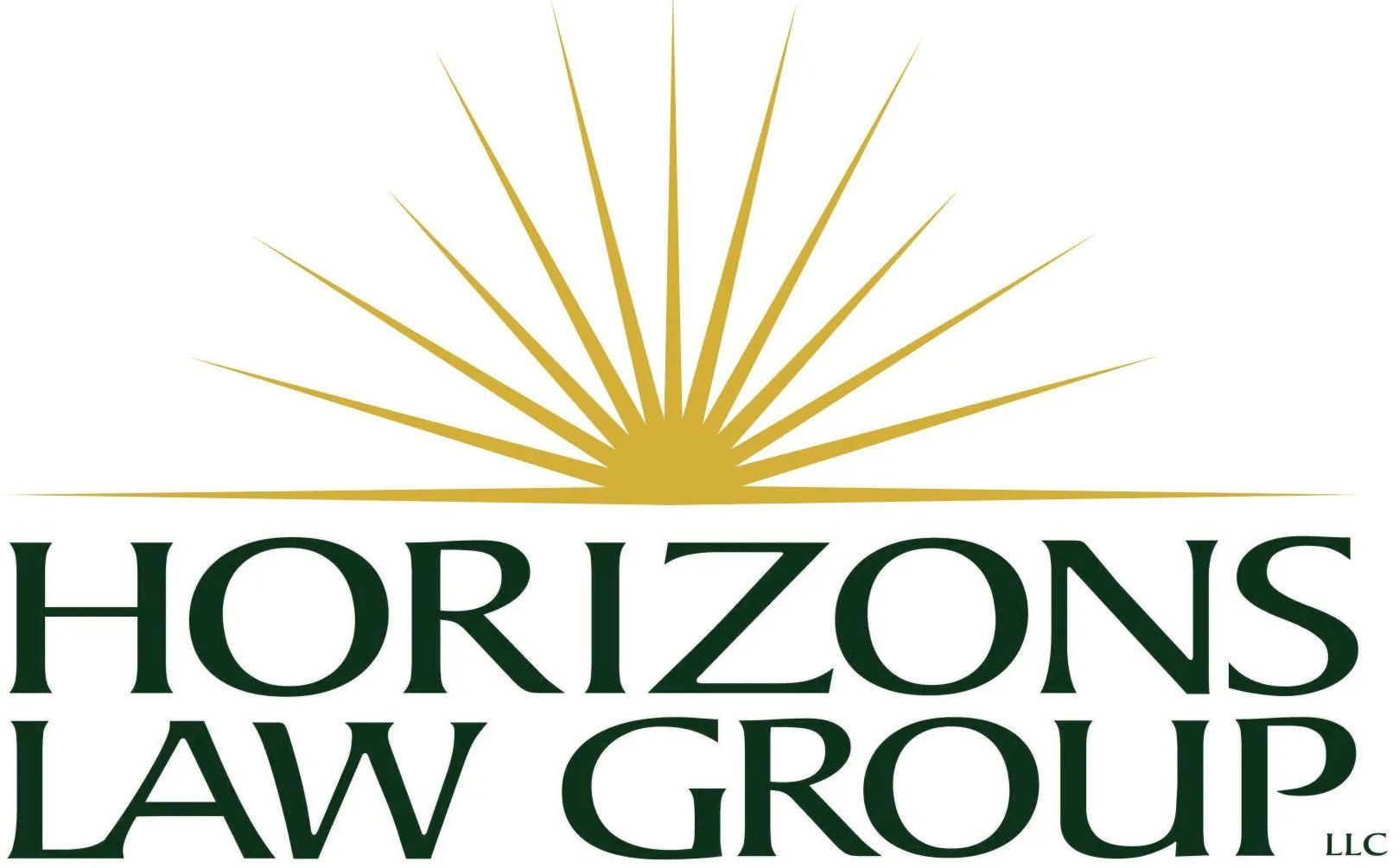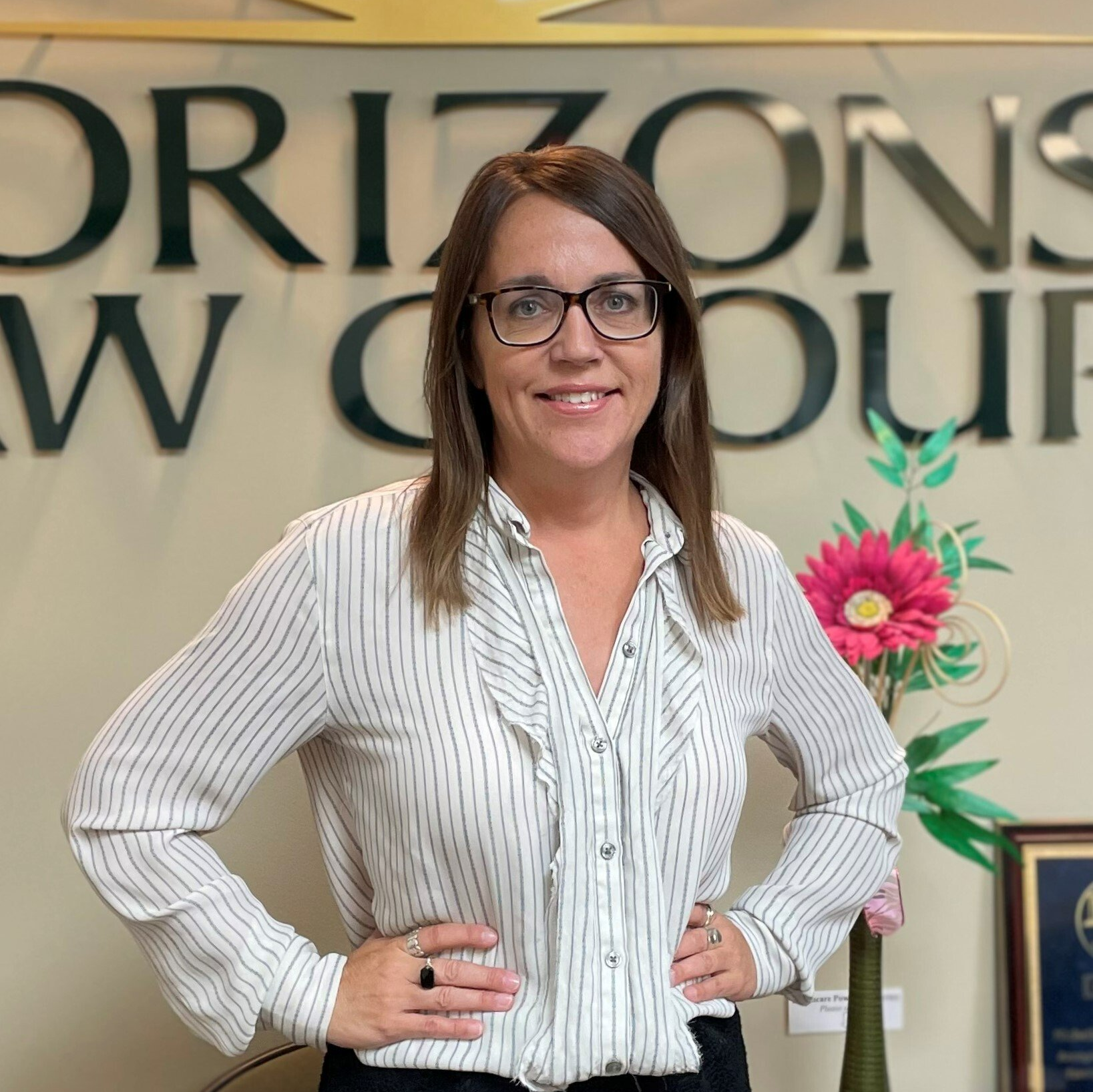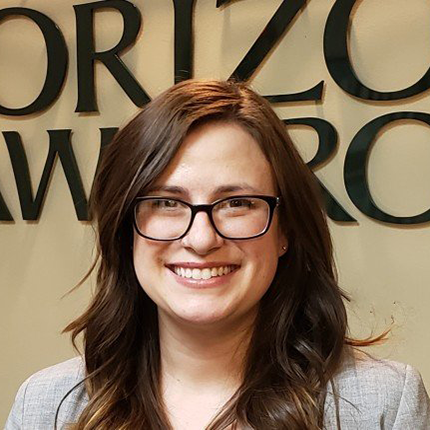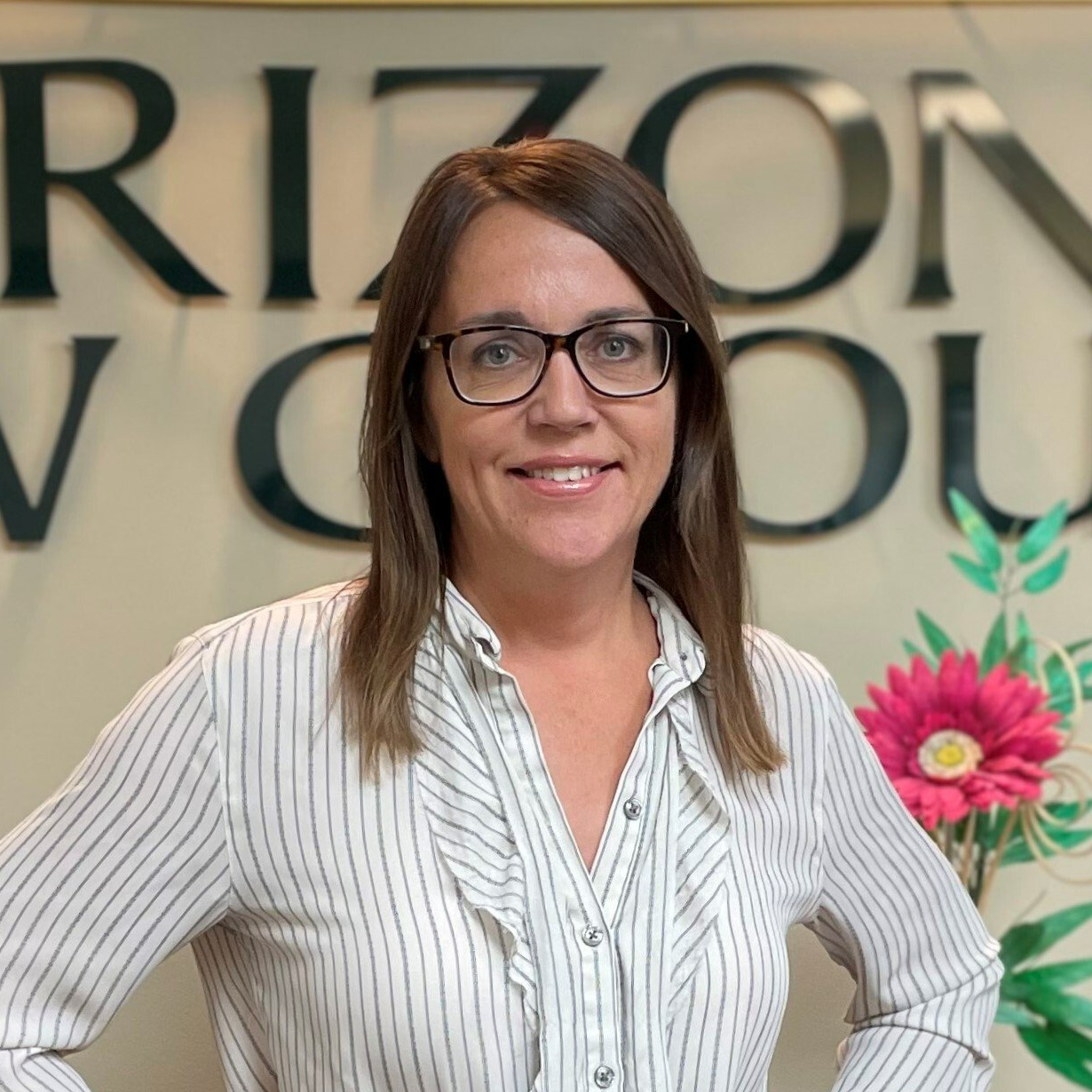Plan Ahead with a Will, Trust or Power of Attorney
Complete Our Estate Planning
Questionnaire and Submit for an Appointment
Planning who will control your future health care decisions and who will handle your financial matters is extremely important, as well as planning the distribution of your assets upon death for your loved ones. There is no need to put if off any longer. We have an easy process to complete all necessary documents. When done, you will have a binder complete with all of the following:
- Your Will
- Your Power of Attorney for Finances document
- Your Power of Attorney for Health Care (includes Living Will)
- Children’s Trust (optional), or
- Revocable Living Trust to avoid probate and…
- A handy resource for coordinating a financial summary for your estate and a worksheet for distribution of your personal effects.
A Revocable Living Trust may also be recommended in estates valued over a million dollars or other special financial or family circumstances. The above documents would still be required.
Our attorney fees are reasonable, starting at $750 for a simple will package for single person which includes your Will, Power of Attorney for Finances, and Power of Attorney for Health Care. If you are not sure if you need a Will, Trust, or other documents, use our Will Questionnaire to get started, then contact our offices for an appointment at 262-432-3600.
A Will instructs the court as to how your assets are to be divided. You can avoid probate by creating a trust, or by listing beneficiaries, and noting "transfer on death" (TOD) designations on bank accounts, and TOD on real estate (new since 2006) which is like putting a beneficiary designation on your home. Preplanning is key! Power of attorney forms are necessary for anyone over age 18 as they direct who will make decision for you while you are alive and avoids a guardianship action, which can be costly and a burden on loved-ones.
Listen to our podcast: Estate Planning
Also See Our Sample Flat Fees and Hourly Consulting Rates
Here
Power of Attorney Documents
There are two types of POAs - Health Care POA and Financial (Durable) POA which are effective while a person is alive to help them manage their affairs or make decisions on health care procedures. They CEASE to be effective, i.e. terminate immediately upon death. Power of attorney agents are often confused by this since they may have been handling financial affairs for years and don’t understand why death changes things. Simply put, it does! Upon death, the Will takes over (probate court) or the Trust (if the decedent has one), or the TOD designations noted above (if done before death). Preplanning is key to ensuring a smooth transition after death, as well as before. Power of Attorney documents help your family avoid Guardianship over your affairs as you age.
Children's Trusts & Guardianship
A Will instructs the court as to how your assets are to be divided. You can avoid probate by creating a trust, or by listing beneficiaries, and noting "transfer on death" (TOD) designations on bank accounts, and TOD on real estate (new since 2006) which is like putting a beneficiary designation on your home. Preplanning is key! Power of attorney forms are necessary for anyone over age 18 as they direct who will make decision for you while you are alive and avoids a guardianship action, which can be costly and a burden on loved-ones.
When is a Guardianship necessary? When an adult is no longer able to make decisions for him or herself, and he or she does NOT have power of attorney documents. Power of attorney documents designate who can sign on their behalf – for medical or financial (separate documents). Guardianship is a formal court proceeding that requires many steps and at least one court hearing. Guardianship is also necessary when a disabled child is close to reaching the age of majority (18). Prior to that time, the parents can sign for medical treatment and such. After age 18, parents need to be appointed legal guardian. Another type of guardianship is for a minor child, if his or her parents are deceased or not able to care for the child. We can assist with all types of guardianship, and help you plan to avoid a guardianship action.
Children’s Trust – essential A Children’s Trust is a smaller version of the large Revocable Living Trust. A children’s trust can be an additional piece to a Will package, which allows all assets passing to your children to be managed under one umbrella (trust). You can then designate ages the children will receive distributions, or set limitations on the type or timing of distributions to them. This is essential as most parents realize that their children may not be ready to handle a large sum of money at age 18 and, rather, the children’s trust can hold that off to age 25, 30, or whatever age or rules you set. Remember, you may not have a large cash estate at this time, but upon death, even in the near future, your children will, as they will receive your life insurance policies, retirement, home, investments, etc. The largest of these may be the insurance and retirement which you do not have access to, but they would upon death. Using the Children’s Trust as a planning tool to help your children manage those funds responsibly is one of the most important parental obligations you have. Purchasing life insurance sounds responsible, but if you do not add this planning tool, your children generally will NOT have access to those funds at all, until they turn 18, and then they receive the whole sum outright – no strings attached. Having this additional piece of protection not only protects your children before age 18, but also after.
Why Is a Probate Necessary?
A probate is necessary when assets need to be transferred to heirs after death such as a home or financial accounts that were only in the decedent’s name. Whether you have a simple estate or more complicated estate, we can guide you through the probate process to give you peace of mind going into the future. Please call us today for an appointment.
What Type of Probate Is Needed?
The type of probate will depend on the value of the estate (assets owned on the date of death). If the total value of the assets are under $50,000.00 then the distribution may be completed in a short probate process or by an affidavit of transfer. If the total value exceeds $50,000.00 and there was a will, then an Informal administration process must be completed. This is a process that allows minimal supervision by the Probate Court and is completed by the Personal Representative and the assistance of an attorney in about one year. Should a large estate exist without a will then a Formal Probate Administration would be required in the Probate Court. This is more expensive and time consuming requiring attorney involvement throughout the process.
Can a Probate Be Avoided?
Yes, in some cases. If all solely owned assets total less than $50,000, an Affidavit of Transfer form may be used for the items that remain. Also, if the decedent listed beneficiaries, or noted transfer on death (TOD) designations on bank accounts and their real estate (new since 2006), it is possible for all assets to pass simply by completing a few forms. Preplanning is key. We assist individuals and married couples plan how they wish their assets to transfer upon death. Go to our Will & Trust page for more information.
Areas Served: Brookfield, Pewaukee, Waukesha, New Berlin, Muskego, Menomonee Falls, West Milwaukee and Milwaukee and more
Horizons Law Group, LLC
Phone: (262) 432-3600
Email: askinfo@horizonslaw.com
Address: 611 N. Barker Rd., Suite 209, Brookfield, WI 53045











